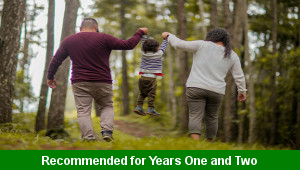Lesson One – Harbour Actions

This geography teaching pack for Key Stage One gets the children to identify, describe and compare some of the different events and experiences that can be carried out in a harbour with other locations around the world.
The class can match and record a range of different events and experiences that might happen in a harbour or on a farm when making comparisons between the locations.
Download this teaching pack including a lesson plan, classroom activities and an interactive presentation to identify, describe and compare some of the different events and experiences that can be carried out in a harbour with other locations around the world
Activities in this teaching pack include display posters to identify and describe some of the different objects found in a harbour, a set of cards to select and sort a range of actions that could be completed between different locations and a template to record an event or experience that can happen in a harbour.
The interactive presentation can be used to explore some of the events and experiences that can be carried out in a harbour with other locations found around the world.
This lesson is part of a geography scheme of work to get the children to identify and describe industrial, commercial and recreational events and experiences that can happen in a harbour to compare with other locations around the world. There are teaching activities for shared learning, differentiated worksheets to support independent learning and interactive presentations to introduce concepts and key skills.
-

Maths Measurement Assessment
Assess abilities in estimating, measuring and comparing a range of different measurements for length, mass and capacity
-

Family Life
Investigate and reflect on some of the special events and experiences that might happen in the life of a family
-

Final Sounds Word Guess
Practise playing some guessing and matching games to identify the spelling and meaning of words with different final sounds
-

Building Reports
Explore how to collect facts and information to work with when composing and presenting non-chronological reports about buildings that can be found in the local area
